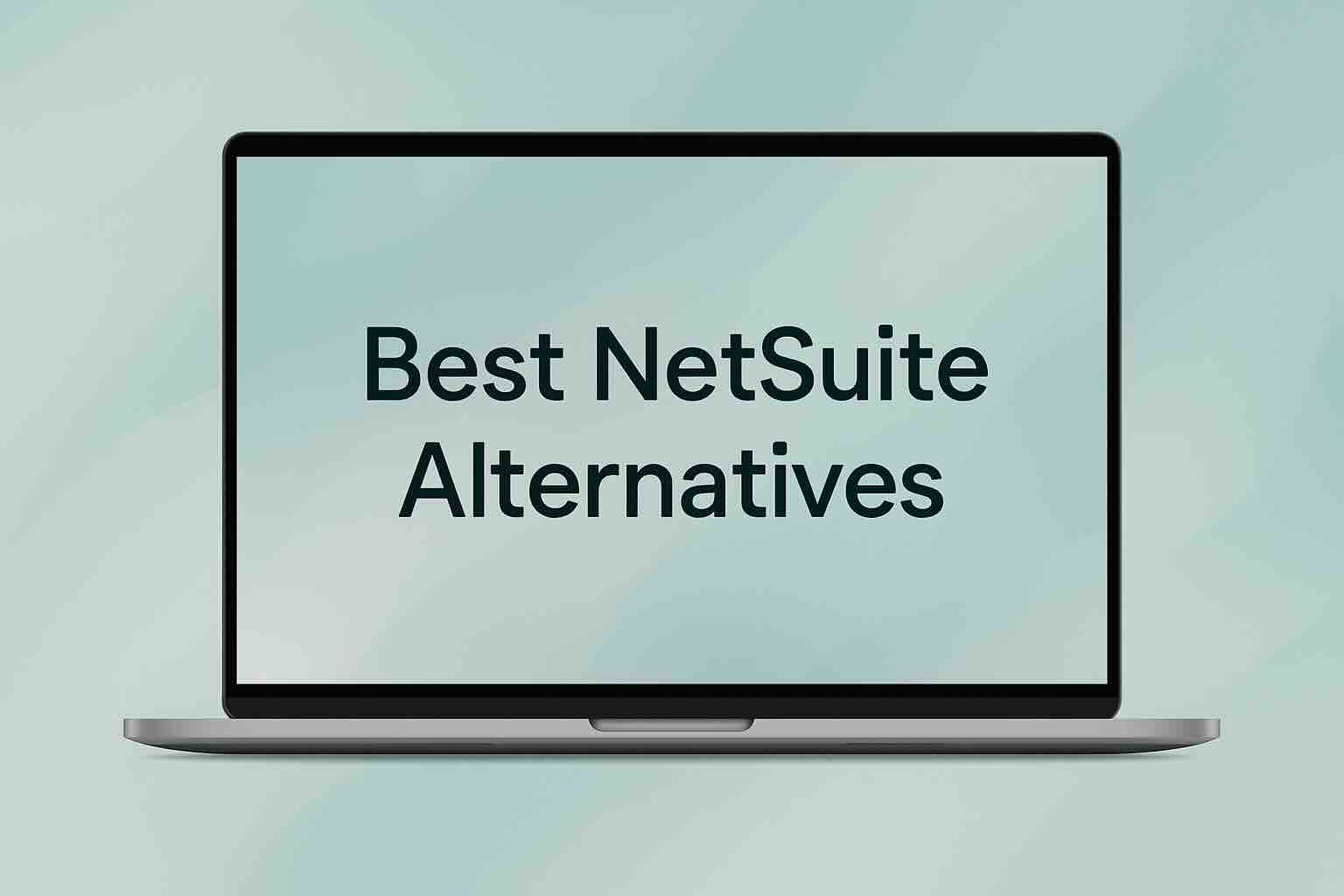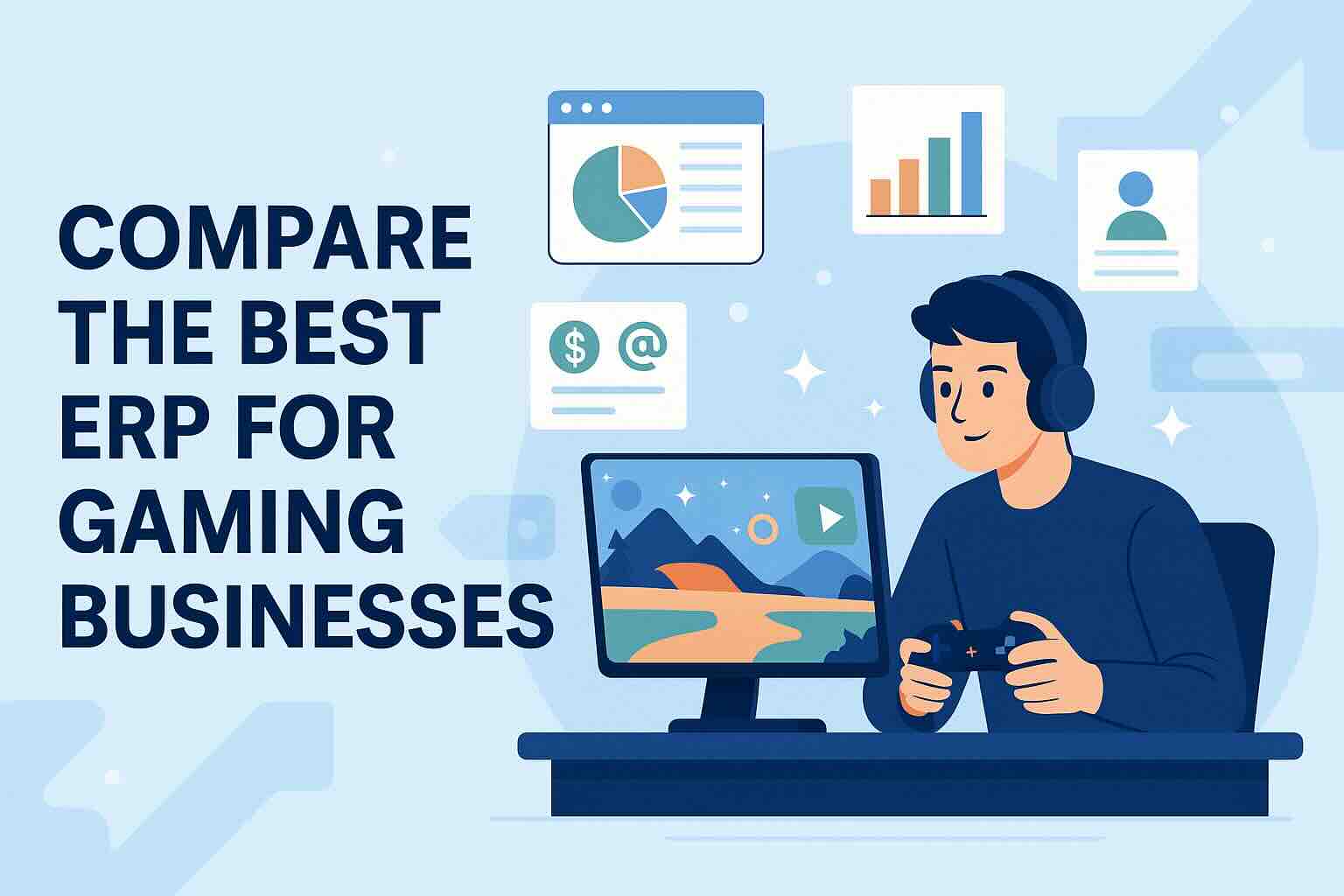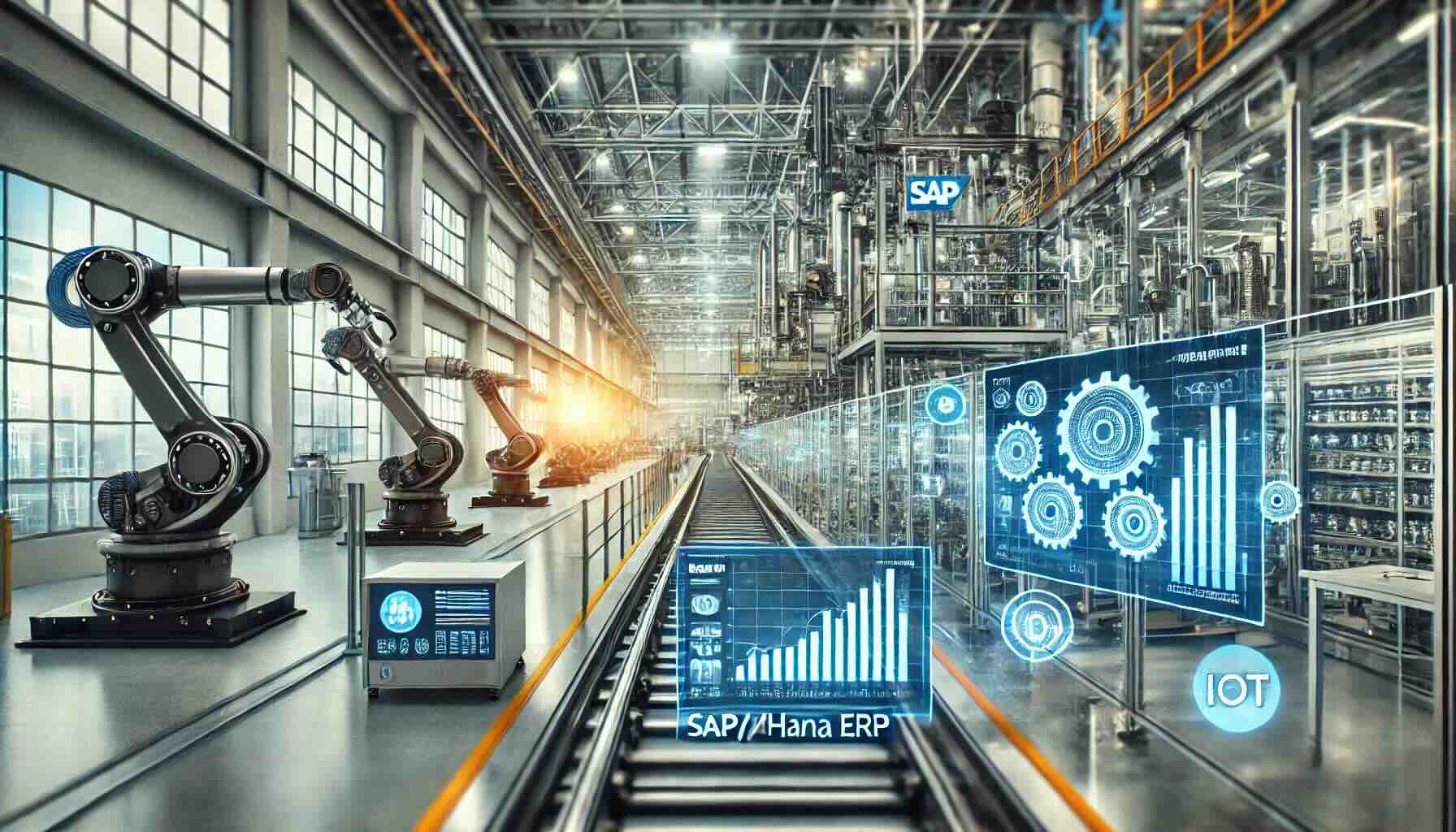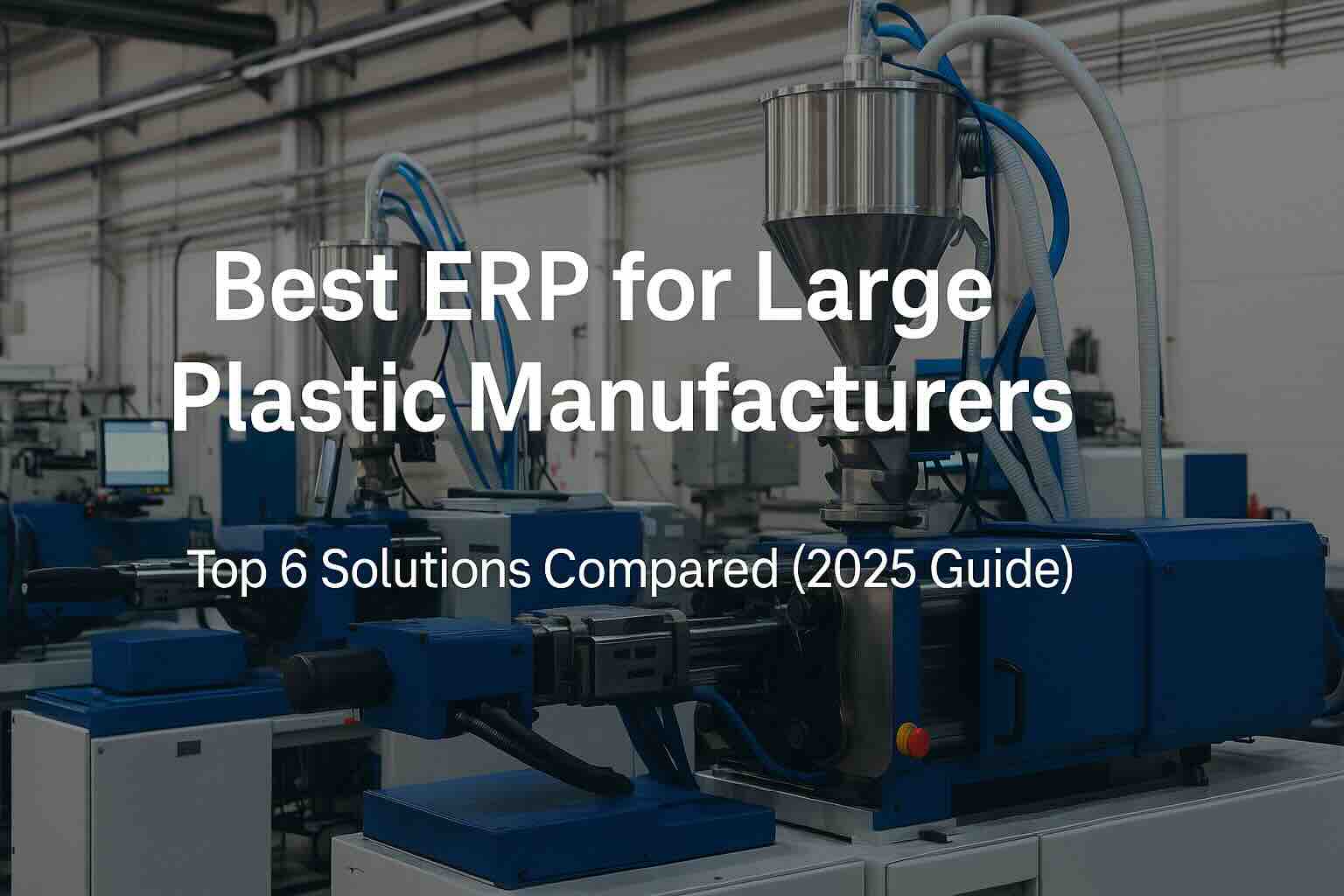Is IFS a Good ERP for Transport and Logistics?

In the fast-evolving world of transport and logistics, the need for an effective and robust Enterprise Resource Planning (ERP) system is paramount. This industry, known for its dynamic nature and complex supply chains, demands a solution that not only streamlines operations but also adapts to the changing market landscapes. IFS ERP emerges as a contender in this sector, but is it the right choice? Let’s delve into an in-depth analysis of IFS ERP for transport and logistics, evaluating its suitability, strengths, and areas where it may not fully align with industry requirements.
Unpacking the Suitability of IFS ERP in Transport and Logistics
IFS ERP, a component of the IFS Cloud suite, is specifically designed to cater to the needs of several industries, including transport and logistics. It stands out for its comprehensive approach to managing intricate supply chains, logistics operations, and distribution channels. Here’s a closer look at what makes IFS a potential fit for this sector:
- Adaptability to Industry Dynamics: Transport and logistics are sectors that constantly adapt to new regulations, changing customer expectations, and evolving market trends. IFS ERP is engineered to be agile and flexible, allowing businesses to respond quickly to these changes. Its modular design means that companies can choose the components that best fit their current needs, with the option to scale or adapt as their business evolves.
- Integrated Logistics and Supply Chain Management: A core strength of IFS ERP is its ability to provide an integrated view of logistics and supply chain operations. This integration is vital for transport and logistics companies that need to manage everything from inventory and warehouse operations to transportation management and customer service. IFS offers robust features in these areas, enabling businesses to optimize their operations for efficiency and responsiveness.
- Real-Time Data and Analytics: In a sector where timing is critical, having real-time access to data can make a significant difference. IFS ERP excels in providing real-time analytics and insights, allowing companies to make informed decisions quickly. This feature is particularly beneficial for managing and mitigating risks in the supply chain, forecasting demand, and planning logistics efficiently.
Potential Limitations of IFS ERP in Transport and Logistics
While IFS ERP has several strengths, it’s also essential to consider potential limitations when evaluating its fit for the transport and logistics sector:
- Complexity and User Learning Curve: One of the challenges with comprehensive ERP systems like IFS is their complexity. Implementing such a system can be a considerable undertaking, requiring substantial training and adjustment periods for staff. Companies must weigh the benefits of the system against the time and resources needed for successful implementation and ongoing management.
- Cost Considerations: The cost of implementing and maintaining an ERP system is a critical factor for many businesses. IFS ERP, with its extensive features and capabilities, might come at a higher price point compared to some other ERP solutions in the market. Companies need to consider their budget and the return on investment they expect from such a system.
- Integration with Existing Systems: Another aspect to consider is the integration of IFS ERP with existing systems within the company. Seamless integration is crucial to avoid disruptions in operations and to leverage the full potential of the ERP system. While IFS is designed to be compatible with various systems, the integration process can still pose challenges and require additional resources.
Conclusion
In conclusion, IFS ERP stands as a strong candidate for transport and logistics companies looking for a comprehensive, flexible, and analytics-driven solution. Its ability to handle complex supply chains and logistics operations, combined with real-time data capabilities, makes it an attractive option for businesses aiming to enhance their operational efficiency and responsiveness. However, considerations around cost, complexity, and integration should be thoroughly evaluated to ensure it aligns with the specific needs and capabilities of the organization. As with any significant business decision, it’s about balancing the benefits with the potential challenges to find the right fit for your company’s unique requirements.
To compare IFS Cloud with 100s of other ERP solutions, you can use our new AI-powered Compare ERP tool. It’s free to use and you get a guaranteed discount on your first year’s licence fees with a referral from Compare ERP.









